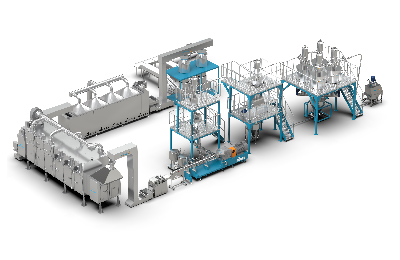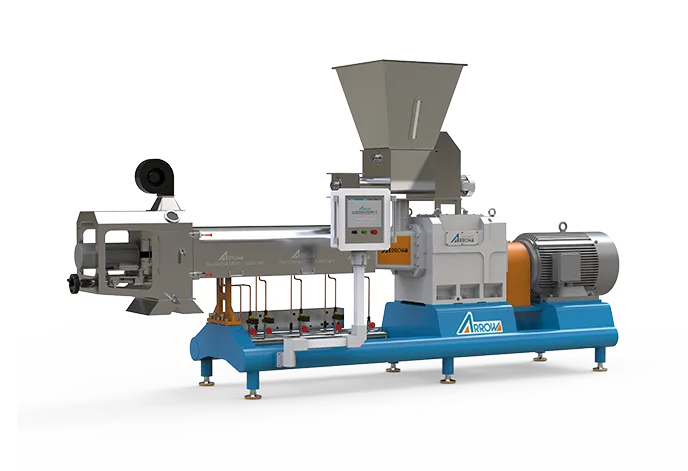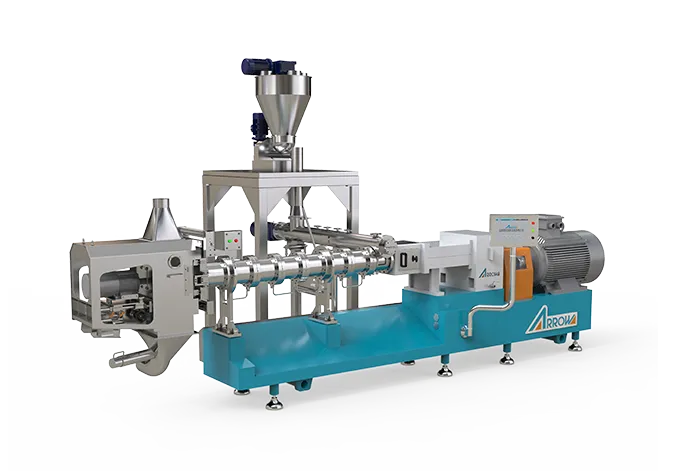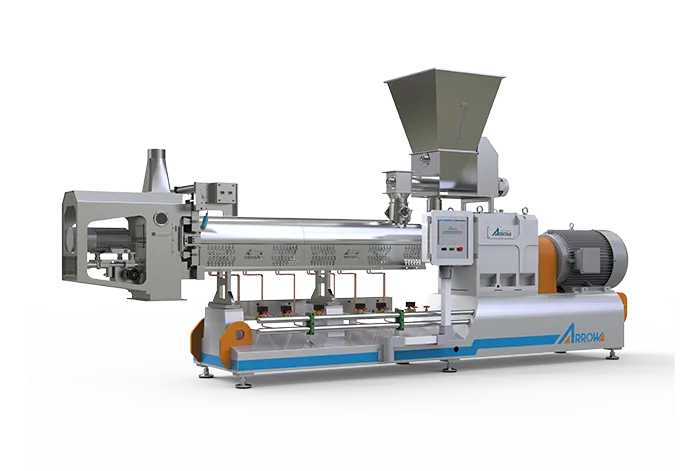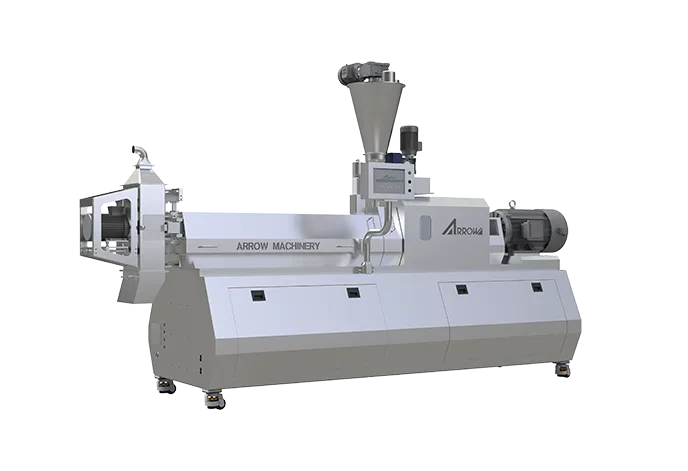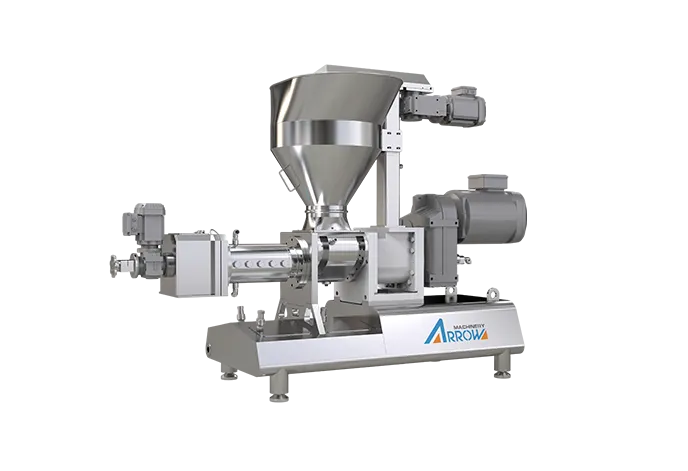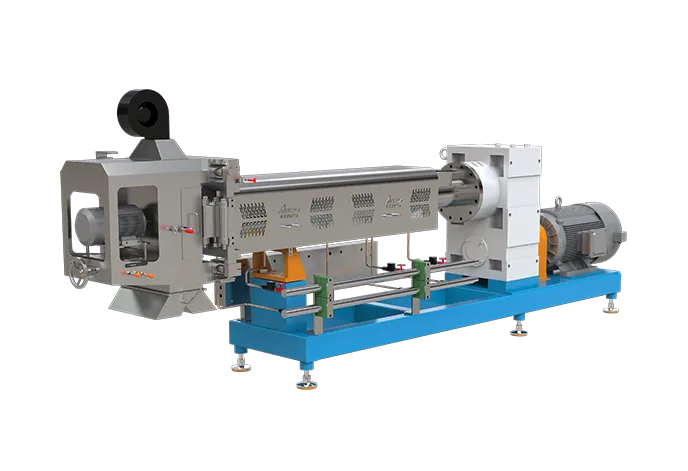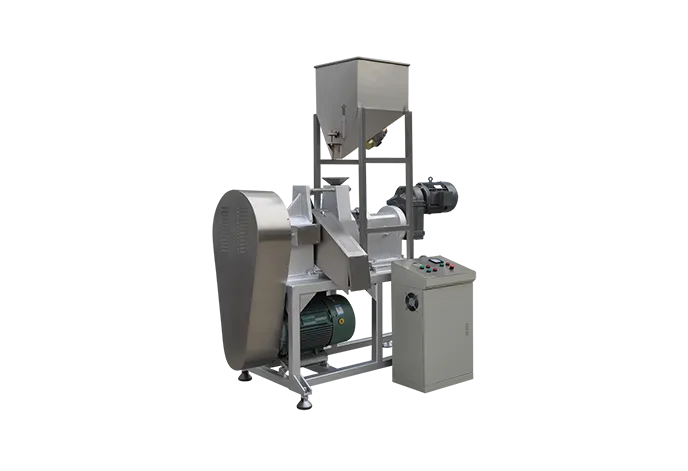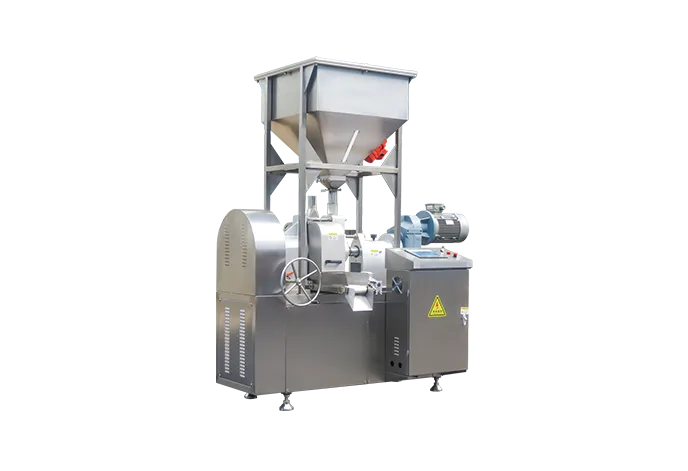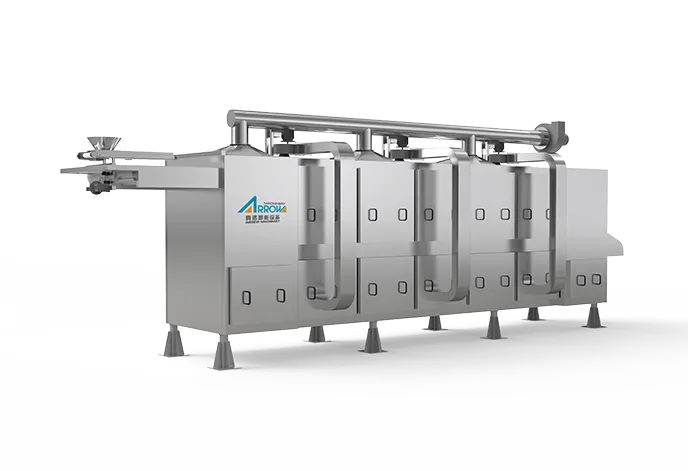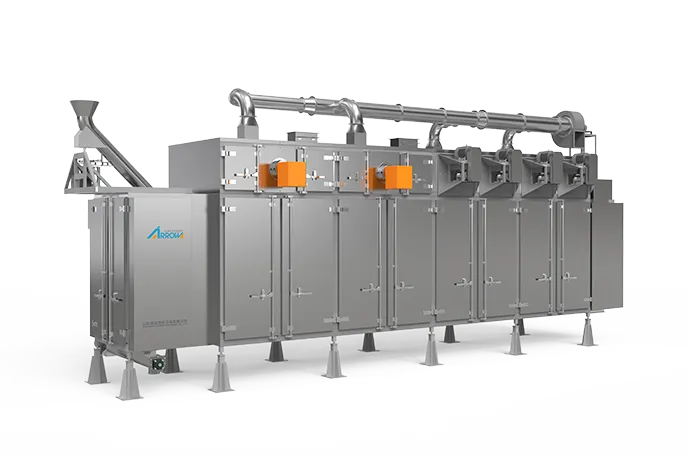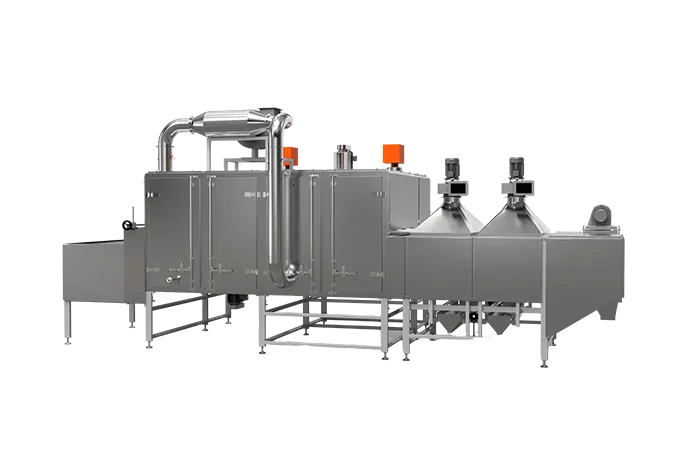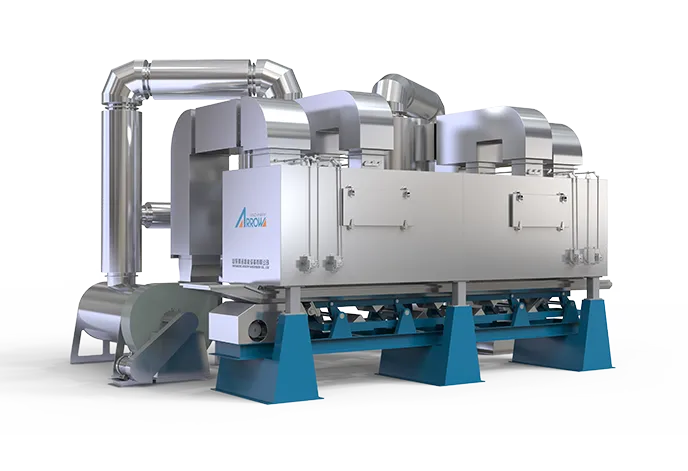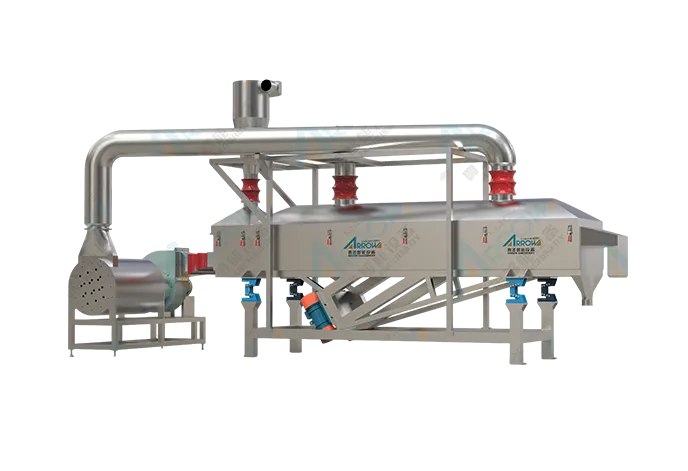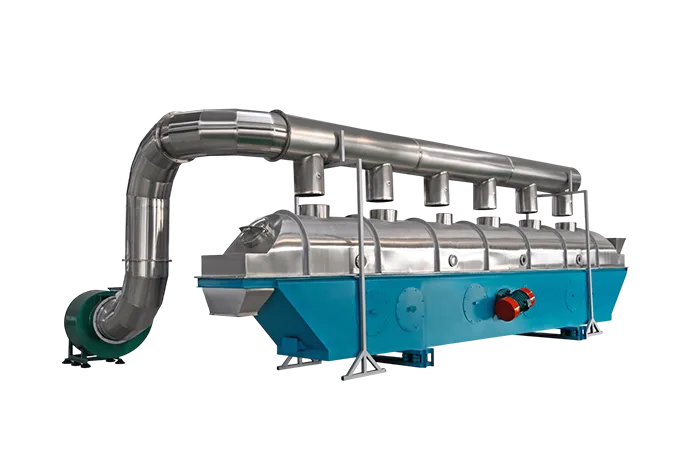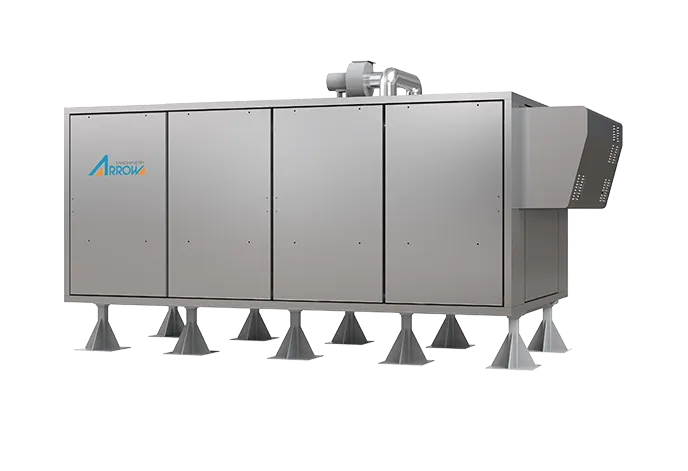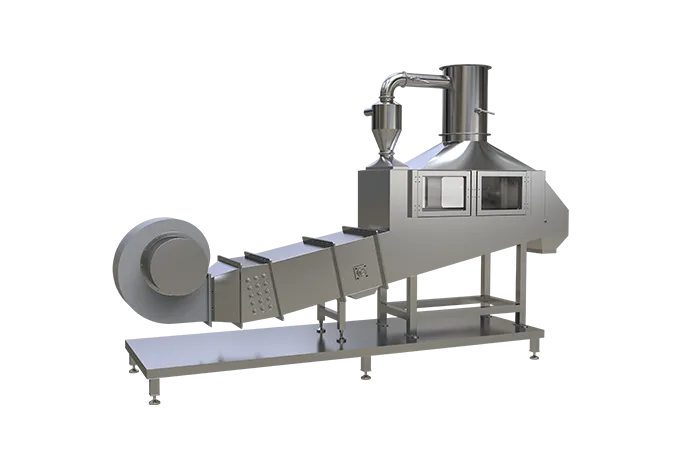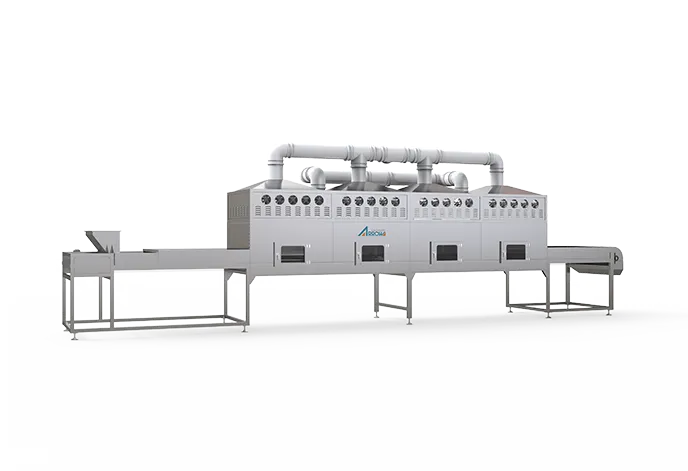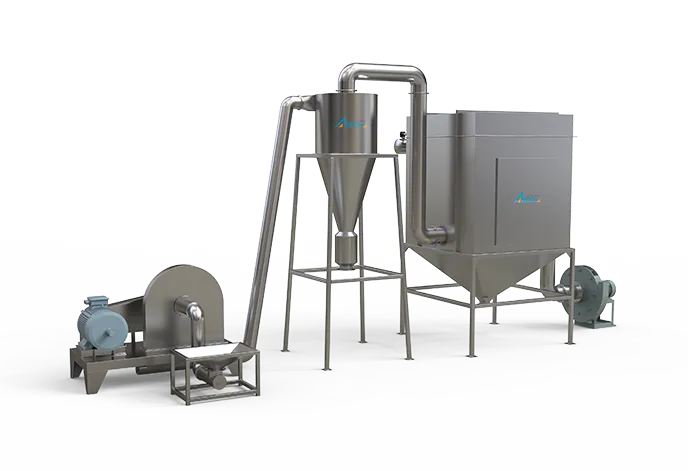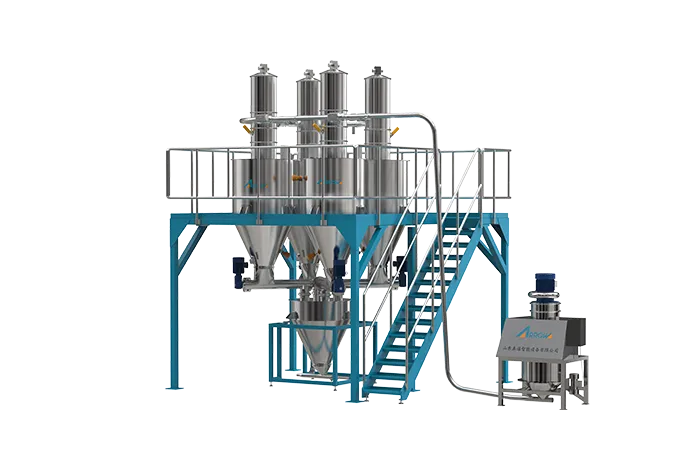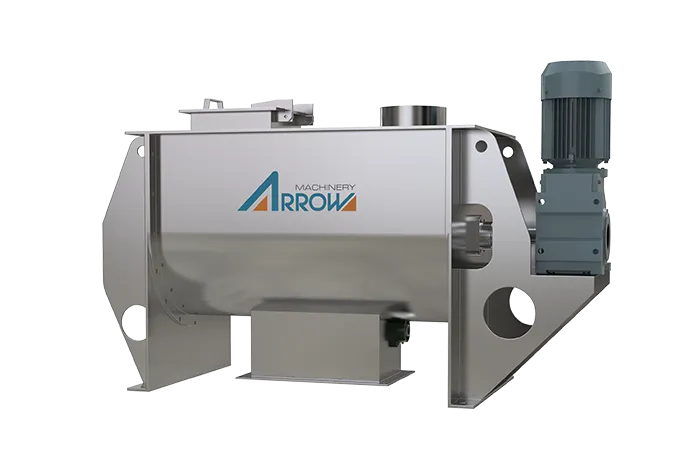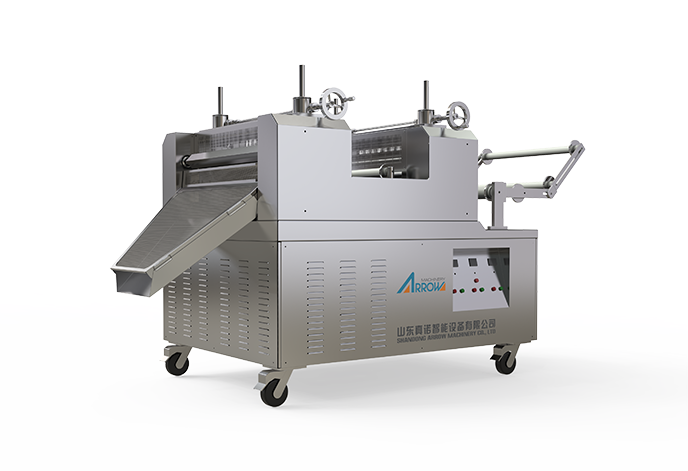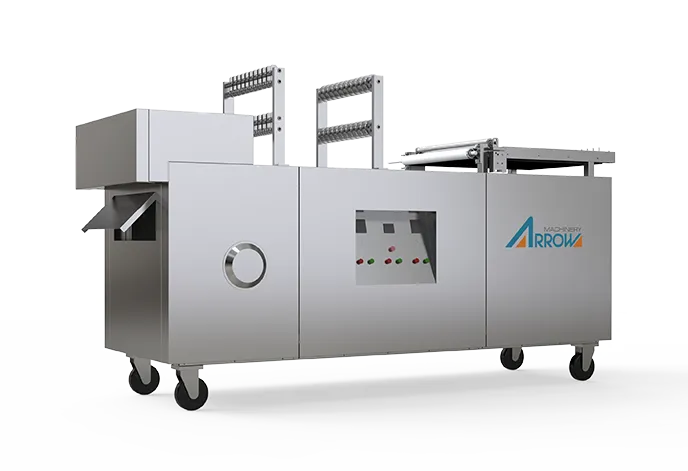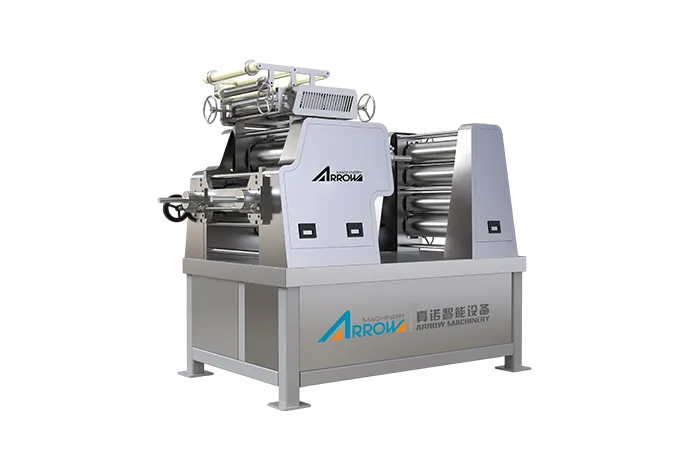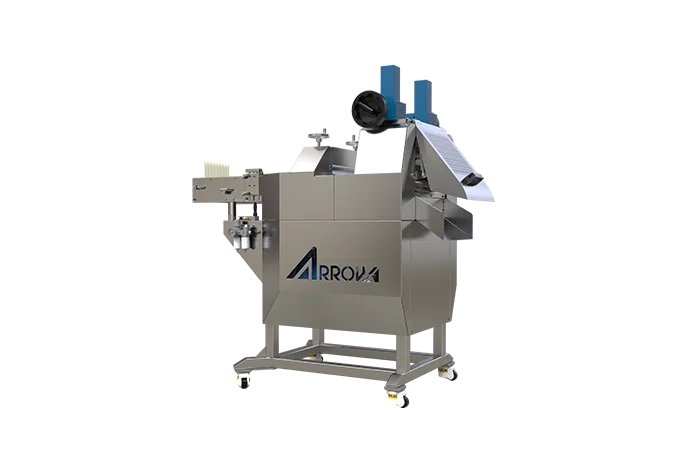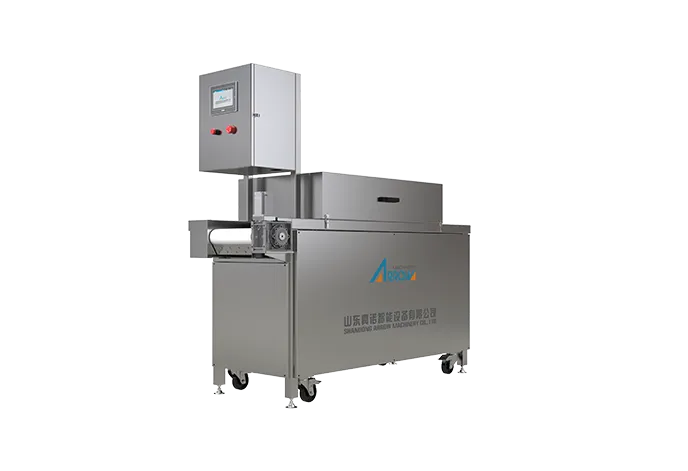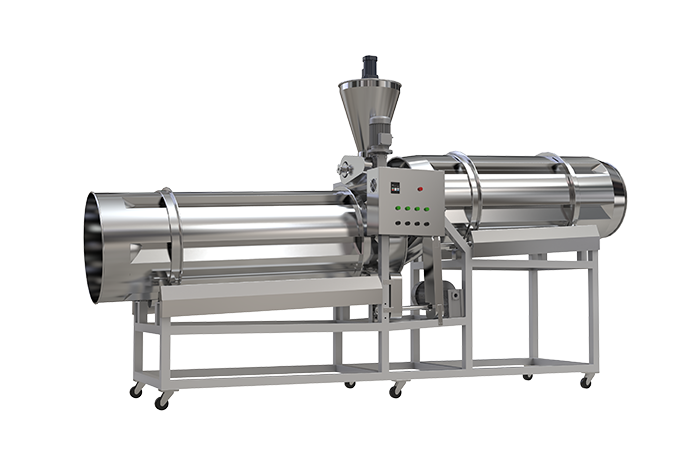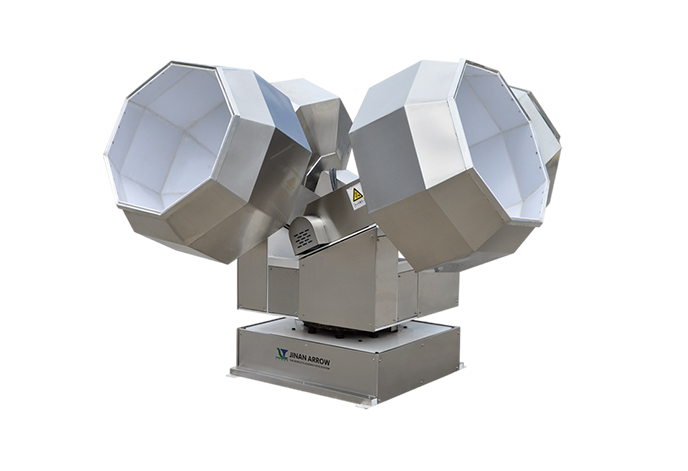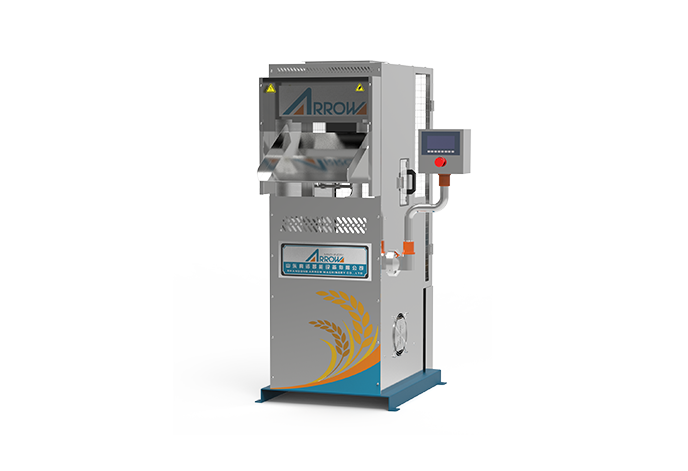What is TVP and how is it made?
2025-09-20Textured or texturized vegetable protein (TVP), known as textured soy protein (TSP), soy meat, or soya chunks is a defatted soy flour product, a by-product of extracting soybean oil. It is often used as a meat analogue or meat extender. It is quick to cook, with a protein content comparable to certain meats.
TVP may be produced from protein-rich seed meal left over from vegetable oil production.
Specifically, a wide range of pulse seeds besides soybean, including lentils, peas, and faba beans, may be used for TVP production.
Shandong Arrow provides a full set of TVP production line.
Description:
According to different moisture, production are divided into 2 kind parts :
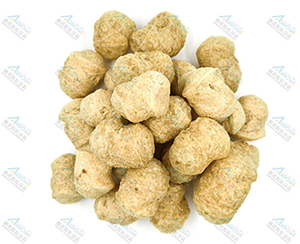
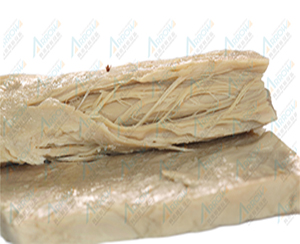
Textured Vegetable Protein(DRY) High momisture TVP (WET)
TVP Process
Low moisture Dry TVP:
●Expanded after high shear power
●Need Drying
●Moisture content around 10%
●Need water-absorporation before next process
●Size expanded hydration
●Shape: Grits, chunks, nuggets, balls, strips etc.
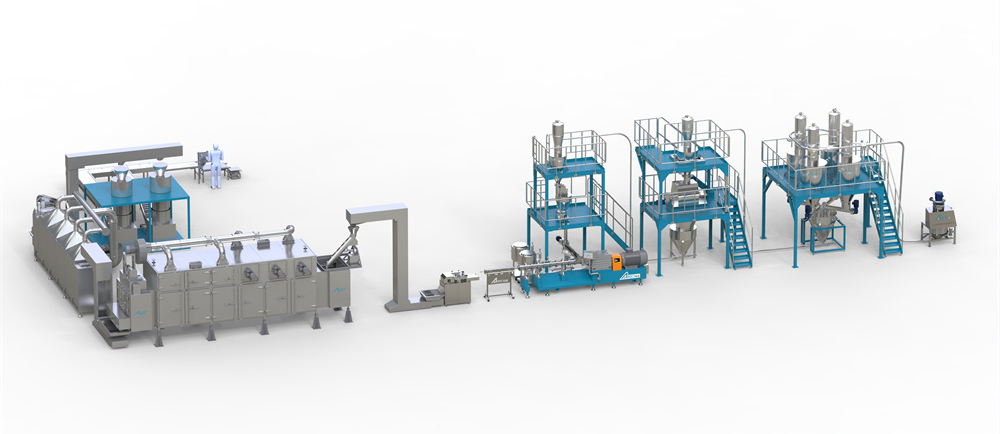
Automatic flours handing,dosing sytem--Mixing --Conditioning---Extrusion---Shaping --- Crushing(For grits) --- Sifting---Drying---Cooling---Packing
High Moisture Wet TVP:
● Better fibrous texture
●Need freezing before next process
● 50-70% Moisture content
● Ideal materials for HMMA meat
● Raw ingredients: Soya.Pea,Sunflower,Rice,Wheat.
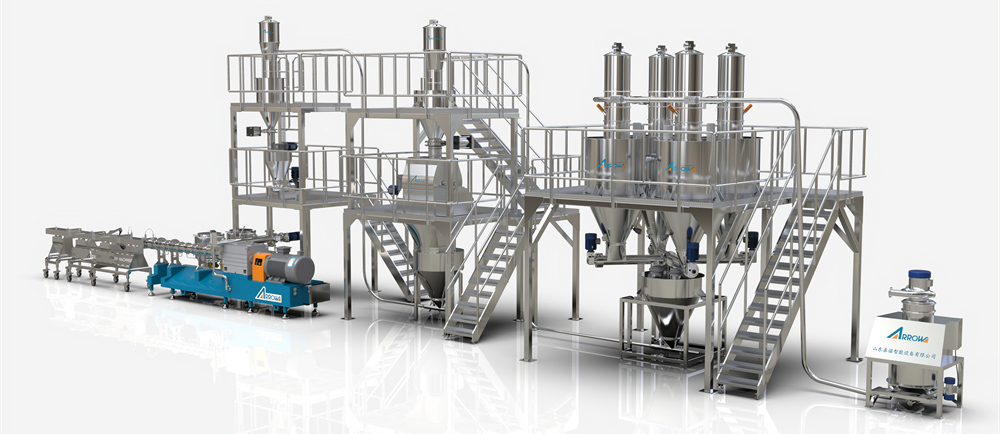
Ingredient mixing--Extrusion--Shaping
Uses
The finished TVP can be further processed in different ways to meet different uses.
Kitchen uses: Sold directly as soy nuggets/soya mince. Consumers can directly cook them into different dishes.
After rehydration, stewing, seasoning, sterilization and other processes, it becomes delicious ready-to-eat snack.
After baking and seasoning, it becomes a ready-to-eat crisps.

